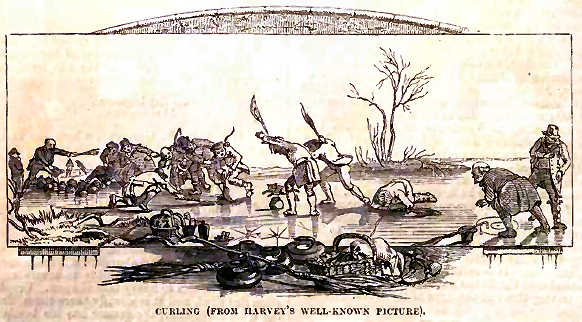Robert Chambers was a most significant author and publisher and indeed we have his 3 volume publication of the "Domestic Annals of Scotland" on the site and his 4 volume "Biographical Dictionary of Significant Scots" is the basis of our own Famous Scots section.
We are embarking on his collection of Scottish Songs and have taken the opportunity of adding a short bio of him which can be found at http://www.electricscotland.com/hist...ers_robert.htm
Alastair
We are embarking on his collection of Scottish Songs and have taken the opportunity of adding a short bio of him which can be found at http://www.electricscotland.com/hist...ers_robert.htm
Alastair

Comment